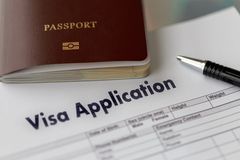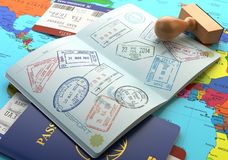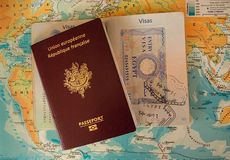In today’s world, traveling has become an integral part of our lives. Be it for leisure or work, many of us find ourselves regularly on the move across borders. However, one integral aspect that you may overlook is the safety of your travel documents. Losing these critical papers can turn a dream holiday into a
Visa Policy for Ethiopia
The Ethiopian visa policy establishes the requirements which a visitor of a foreign country needs to meet to gain permission to travel to, enter, and spend time in Ethiopia
Below, you can check the visa policy of Ethiopia according to your nationality and discover the necessary protocol to travel to the African nation.
Visitors from over 230 countries across the world are able to complete an online application to receive an eVisa before departure if they plan to enter Ethiopia by air.
The eVisa covers trips for tourism and leisure. It is widely considered the easiest and most convenient way to obtain a visa to visit Ethiopia, as well as having the quickest processing time.
Ethiopian immigration laws currently state that only nationals of Kenya and Djibouti do not need a visa to travel to Ethiopia.
All travelers who are not visa-exempt for Ethiopia or eligible to apply for the eVisa need a visa to travel to the country.
This may either be a visa on arrival, which involves waiting in line at border checkpoints, to submit an application, or an embassy visa from the nearest government diplomatic office of Ethiopia.
When applying for a visa from an embassy or consulate, applicants have to select the correct visa type according to the purpose of the visit, with can be a tourist visa, work visa, transit visa, or other visa option.
Furthermore, citizens of Ethiopian visa-not-required and eVisa countries who are planning to spend longer periods of time or visit for purposes other than those permitted with their entry type, will need to obtain an embassy visa to travel to Ethiopia.




